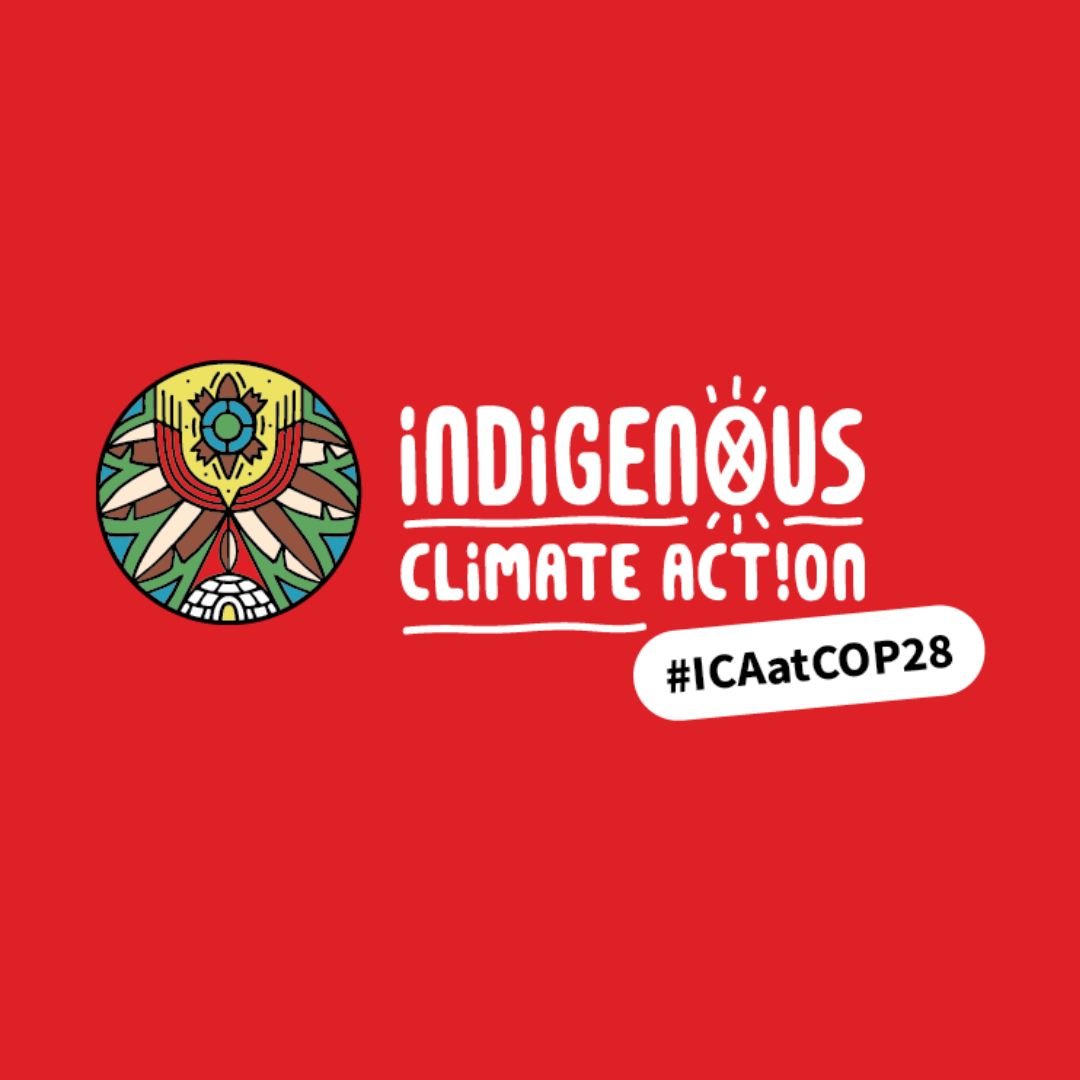The intricate tapestry of Bahá’í teachings reflects profound insights into humanity’s stewardship of the environment, particularly in the context of climate change and global conferences such as COP26. The Bahá’í International Community (BIC) has consistently advocated for principled action as a means to achieve sustainable development and address pressing environmental concerns. This article elaborates on the core principles derived from Bahá’í teachings and their application to the imperative discourse surrounding climate action.
To comprehend the Bahá’í perspective on climate action, it is essential to first appreciate the foundational beliefs that underpin this worldview. Central to Bahá’í teachings is the concept of unity—both among humankind and between humanity and nature. The interrelatedness of all forms of life, as emphasized in Bahá’í scripture, calls for a holistic approach to environmental stewardship. Consequently, the Bahá’í International Community posits that climate action must transcend mere policy-making and engage the moral and ethical dimensions of human conduct.
An essential principle elucidated by the BIC is the significance of collective action. In an increasingly interdependent world, the challenges posed by climate change cannot be tackled in isolation. The Bahá’í teachings espouse the idea that it is incumbent upon individuals, communities, and nations to collaborate, sharing knowledge and resources to forge sustainable solutions. This cooperative spirit was palpably evident at COP26, where stakeholders convened to commit to collective objectives aimed at reducing carbon emissions and conserving biodiversity.
Furthermore, the Bahá’í framework underscores the importance of justice in addressing climate change. Justice entails not only the fair distribution of resources but also the acknowledgement of historical inequalities that exacerbate vulnerabilities to climate impacts. The call for equity resonates throughout Bahá’í writings, urging decision-makers to create environmental policies that prioritize the most marginalized populations. The BIC is particularly vocal about the need to integrate the voices of indigenous communities, whose traditional ecological knowledge offers invaluable insights into sustainable practices.
Another salient principle is the integration of scientific knowledge with ethical considerations. This dual approach empowers individuals and communities to make informed choices regarding environmental management. Bahá’í teachings encourage an appreciation of scientific advancements alongside a moral responsibility to care for the Earth. The BIC advocates for evidence-based decision-making, all the while emphasizing that such decisions must be guided by ethical imperatives that foster respect and reverence for the natural world.
Moreover, the concept of the lesser and greater covenants elucidates one’s responsibility towards the environment. Bahá’ís believe in exercising stewardship over the planet as a divine obligation. This belief instills a sense of duty to safeguard the ecological equilibrium for future generations. At COP26, the Bahá’í delegation highlighted the critical importance of recognizing climate action as an expression of worship, thereby framing sustainable living as a pathway to spiritual fulfillment.
In light of the principles outlined above, it is pertinent to examine the actions taken by the Bahá’í International Community at COP26 and their implications for future climate negotiations. The BIC actively engaged with various multinational coalitions, underscoring the necessity of prioritizing solutions that reflect Bahá’í core values. Their advocacy for a transformative educational framework aimed to inspire and equip individuals to address climate challenges through a moral lens was particularly notable. Lessons derived from empowering communities to take ownership of their local ecosystems can serve as models for other regions seeking to implement effective climate action.
The dialogue fostered at COP26 facilitated the establishment of synergistic partnerships that transcend geographical and cultural boundaries. The Bahá’í emphasis on unity and collaboration echoed throughout the gathering, serving as a reminder that environmental action should be a collective endeavor grounded in mutual respect. In this spirit, the BIC encouraged other participants to rethink the dichotomy between economic growth and environmental sustainability, advocating for innovative models that embrace both dimensions within an overarching framework of justice and equity.
Another focal point presented by the Bahá’í delegation was the urgent need for policy frameworks that embody a long-term vision. The BIC articulated the imperative of moving beyond short-term fixes that often prioritize economic viability over environmental considerations. Instead, policy-makers must adopt a paradigm that champions sustainable development as an integral part of their national agendas. The Bahá’í model of governance, rooted in consultation and collective decision-making, serves as a template for engaging communities in the policymaking process, thereby fortifying the bonds between human beings and the natural world.
Conclusively, the teachings of the Bahá’í Faith offer a comprehensive and ethically grounded perspective on the complexities of climate action. The principles espoused by the Bahá’í International Community, emphasizing unity, justice, and an integration of knowledge and ethics, provide a valuable frame through which to navigate the challenges of climate change. The initiatives launched at COP26 underscore the transformative potential of approaching environmental stewardship as a moral and spiritual journey. As nations grapple with the realities of a changing climate, the Bahá’í teachings remain a beacon of hope, guiding humanity towards a more sustainable and equitable future. In stewarding the Earth, one cultivates not only ecological resilience but also a profound sense of interconnectedness with all of creation.
